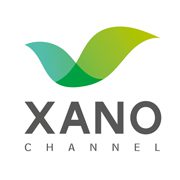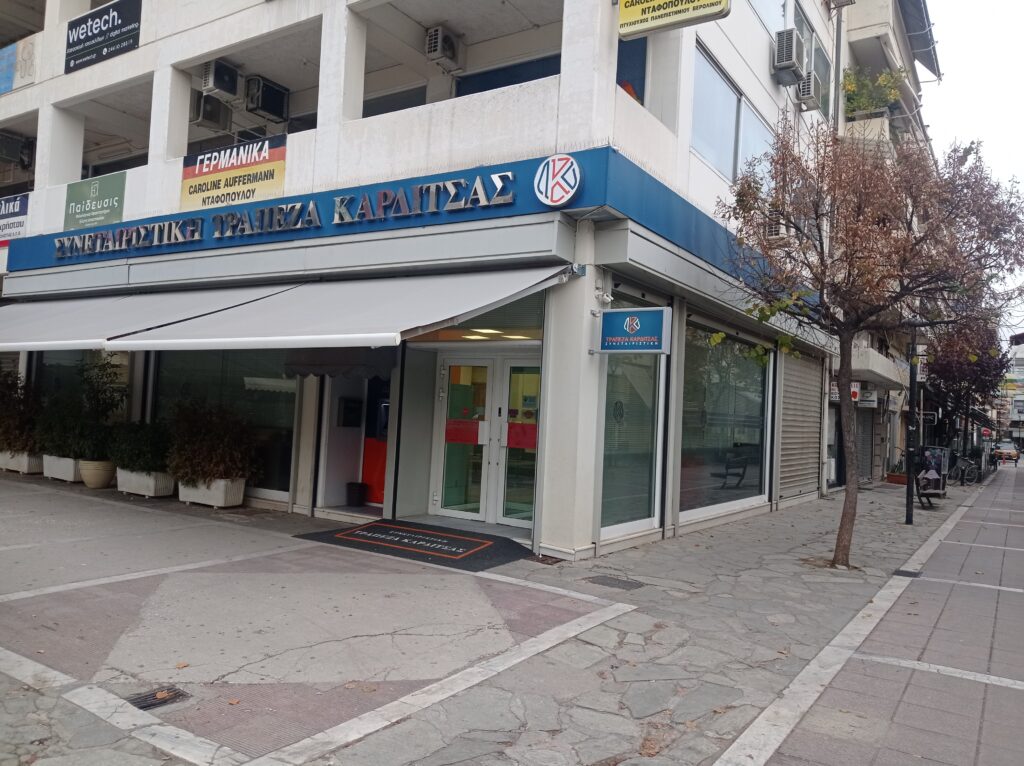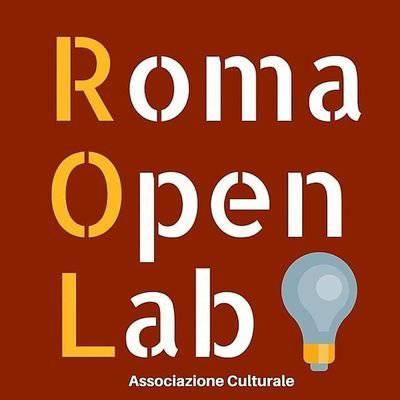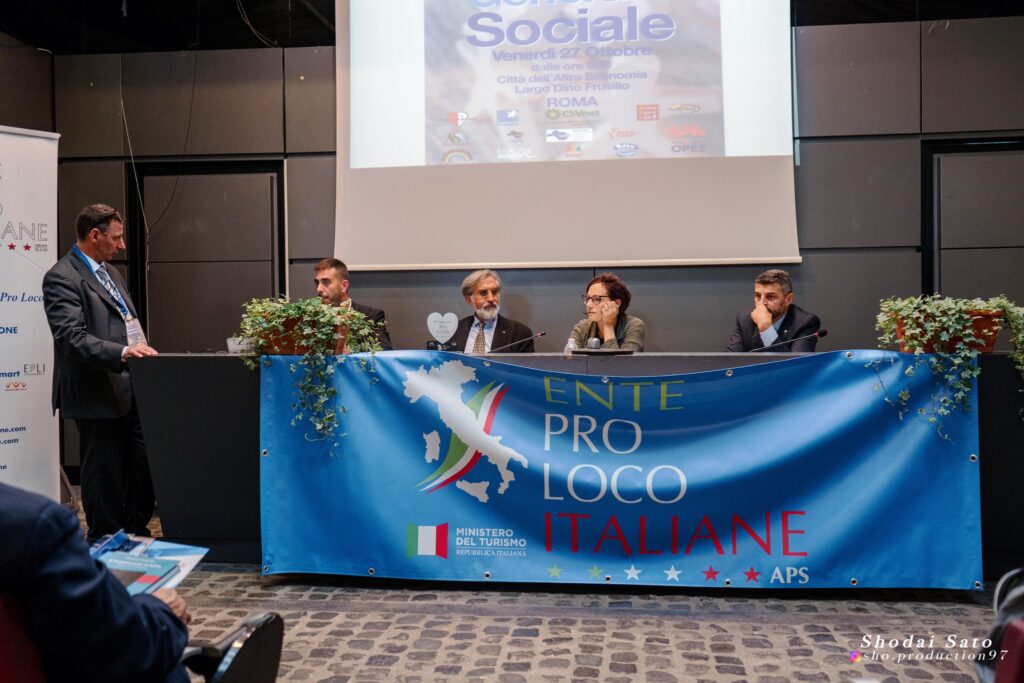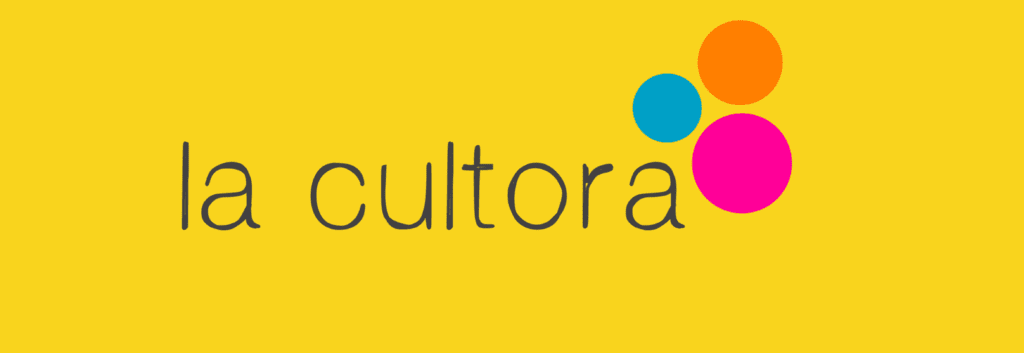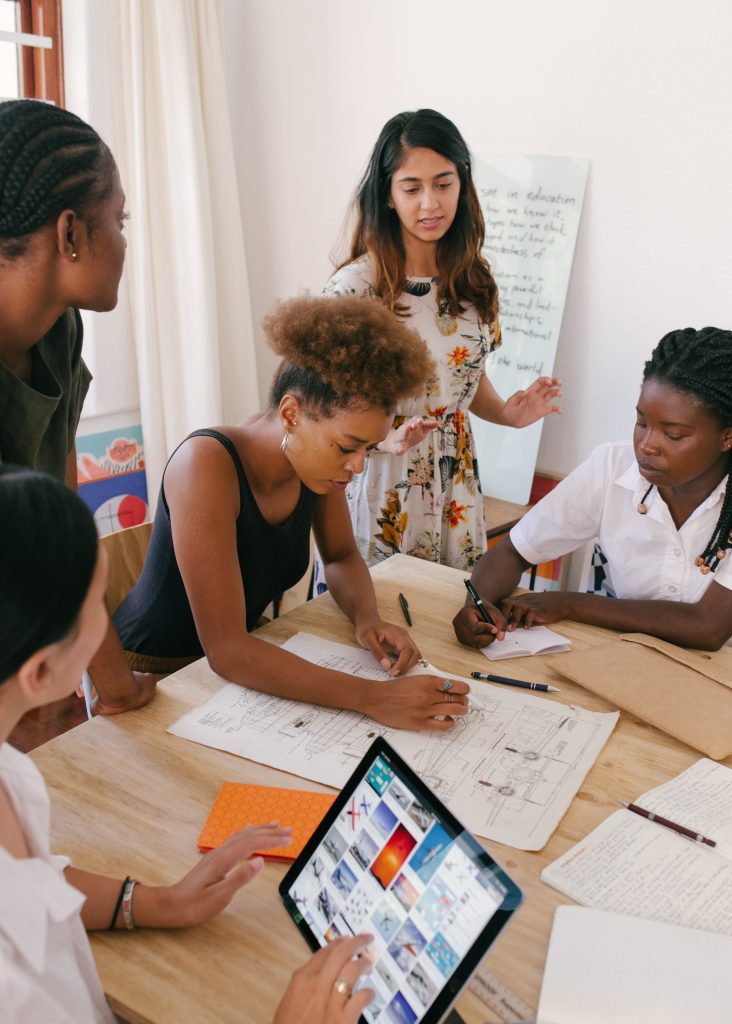International Cooperation as a tool for Development – 1st international meeting on the 1st & 2nd March 2024 – S. Francesco Museum complex – Trevi(PG)
On Friday the 1st and Saturday the 2nd March, the first international meeting on the new directions of International Cooperation was held at the Museum Complex of San Francesco in Trevi. The event was organised by the ’Fondazione Social Economic Development Enrico Mattei’ and takes its cue from Italian Law Decree 161-2023 called ’PIANO MATTEI’. The meeting was attended by Italian government authorities at the highest level, including Minister Plenipotentiary Giuseppe Fedele (on behalf of Deputy Minister of Foreign Affairs and International Cooperation Hon. Edmondo Cirielli), Minister Plenipotentiary Fabrizio Lobasso, Deputy Director General for the Promotion of the Country System, Central Director for Economic Internationalisation. The event was attended by numerous ambassadors from the African continent and representatives of the most important governmental and non-governmental organisations working in international cooperation. Also present were the heads of regional and local institutions. AGCI Umbria actively contributed to the realisation of the conference, in full collaboration with the Be Valnerina community cooperative, which took care of the logistical aspects and relations with the many people who attended. Among the various speeches, AGCI Umbria President Gabriele Nardini presented, on Saturday 2nd March morning, the Local Development Plan that has been set up in Umbria thanks to the application of the actions envisaged by the OPEN BUSINESS European Project. Several partners of the OBCD Local Development Plan in Umbria attended the event. 1 and 2 March 2024 was a two-day event of great international importance not only for Trevi, but for Italy. In fact, the Umbrian town hosted the conference: ’International Cooperation as an Instrument of Development’, organised by the Foundation ’S.E.D. – Social Economic Development Enrico Mattei’, the Municipality of Trevi and also sponsored by AGCI. The event was attended by authoritative representatives of the Meloni Government, Ambassadors from various nations, institutional representatives of the Umbria Region, and entrepreneurs from the international scene. ”The Trevi meeting is an appointment of great importance for us cooperators,” says AGCI Umbria president Gabriele Nardini, ”because the concept of international cooperation refers to the values and instances that originated with the beginning of the cooperative movement in the second half of the 19th century, in which words like mutuality, subsidiarity, sharing, inclusiveness and solidarity were the cornerstones of a new ideal of economic, social and human development, which immediately set itself up as an alternative to the prevailing speculative and lucrative model, which has caused the disasters that have been under everyone’s eyes for decades. Putting the person and the cooperative scheme back at the centre as the common denominator of future processes of international collaboration, will best honour the memory of Enrico Mattei, who was a pioneer and bearer of these values in an era torn apart by viciousand predatory interests. The fact, then, that this event is held in Umbria, a land of art and culture, underlines that international exchange must also and above all refer to the bilateral correspondence of different and complementary cultures, values and knowledge, with the aim of an enrichment that passes through mutual knowledge and through the rapprochement, in a perspective of cooperation, between cultures that are only apparently different. This event is a very relevant opportunity to reiterate the need to promote new business models, such as Open and Inclusive Business and new development strategies that have an increasingly social connotation. Social Enterprise and Open Business are the key to a new and positive Sustainable Development that can only germinate and grow from a renewed model of international relations that provides for the equal dignity of the actors involved in it. In this regard, it is important that the Local Development Plan that was created in Umbria thanks to the application of the European OPEN BUSINESS Project was presented on this occasion. The Umbrian Local Development Plan is, in a small way, a virtuous example of how relations between the various partners can be managed and coordinated, all having the common goal of shared, inclusive, sustainable, fair and equitable development.” For Eugenio Fusignani, president of AGCI Culturalia: ’The benefits of the energy transition and the green revolution are not only environmental, but also have a positive impact on the economy and the wellbeing of the community, providing for the growth of employment, social and sustainable development. The energy transition has a long lead time. It will take place largely through the transition to an energy system based on renewable sources, such as photovoltaics, wind and hydroelectric power, thus drastically decreasing the consumption of carbon, gas and oil. We can therefore see it as a point of arrival of a long journey in which we cannot give up traditional fossil fuels and therefore have to plan for their extraction, as Enrico Mattei himself had already foreseen in the 1950s. Co-operation plays an important role not only in the production and labour sphere, but also in the cultural one, because the energy transition will inexorably imply new cultural processes, bringing into play all the co-operative structures of a cultural nature that can provide support to schools, universities, and the business world, which will be fundamental for the research and implementation of real social, economic and cultural innovation’. ********************** PRESS/WEB REVIEW – https://agciumbria.agci.it/comunicazione/agci-presente-al-convegno-su-%E2%80%9Cla-cooperazione-internazionale-strumento-di-sviluppo%E2%80%9D-l – https://agciumbria.agci.it/comunicazione/la-cooperazione-internazionale-come-strumento-di-sviluppo-nel-nome-di-mattei – https://www.perugiatoday.it/video/trevi-convegno-fondazione-enrico-mattei-cooperazione-internazionale-africa.html?fbclid=IwAR2vH16-PuAGYDj_7gN0E631-5NXcKXLOtbrRorRq8INGQYKNUTxYU6qWWU – https://www.rainews.it/tgr/umbria/video/2024/03/cianetti—trevi-matteimxf-307f20a1-2a37-4f7a-8624-da8eaf04e8e8.html?fbclid=IwAR1g4S4r8NfdbKUGBVGlHBb5risVj9lhznsSmuPYdxhnbWLec_b6UeHu4V0 – https://www.facebook.com/100013717547167/videos/1094292818472473/



